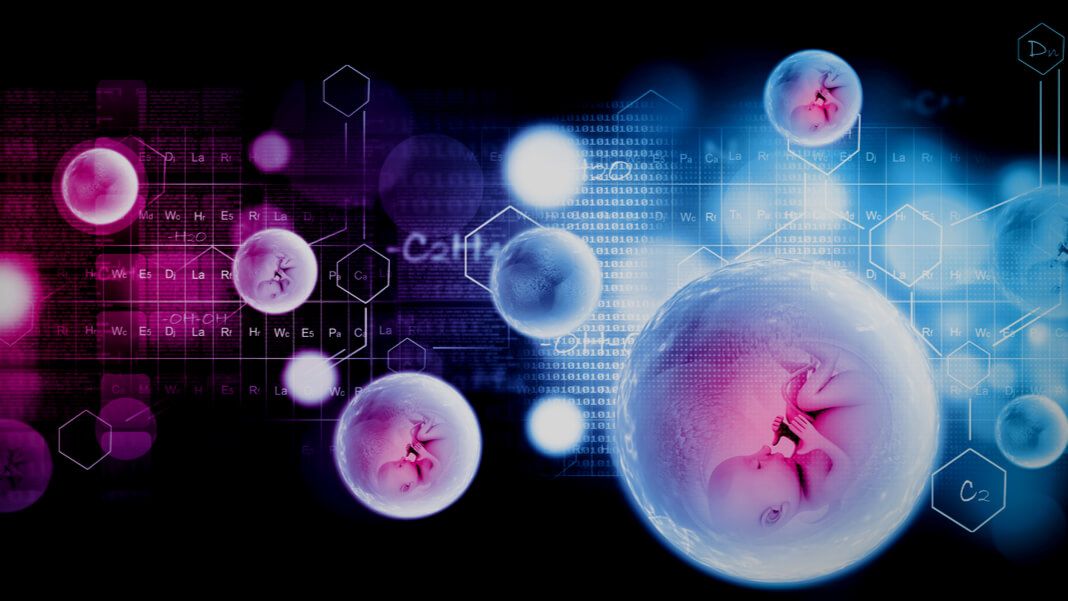“We’re going to get these massive pools of sequenced genomic data,” Metzl said. “The real gold will come from comparing people’s sequenced genomes to their electronic health records, and ultimately their life records.” Getting people comfortable with allowing open access to their data will be another matter; Metzl mentioned that Luna DNA and others have strategies to help people get comfortable with giving consent to their private information. But this is where China’s lack of privacy protection could end up being a significant advantage.
To compare genotypes and phenotypes at scale—first millions, then hundreds of millions, then eventually billions, Metzl said—we’re going to need AI and big data analytic tools, and algorithms far beyond what we have now. These tools will let us move from precision medicine to predictive medicine, knowing precisely when and where different diseases are going to occur and shutting them down before they start.
But, Metzl said, “As we unlock the genetics of ourselves, it’s not going to be about just healthcare. It’s ultimately going to be about who and what we are as humans. It’s going to be about identity.”
